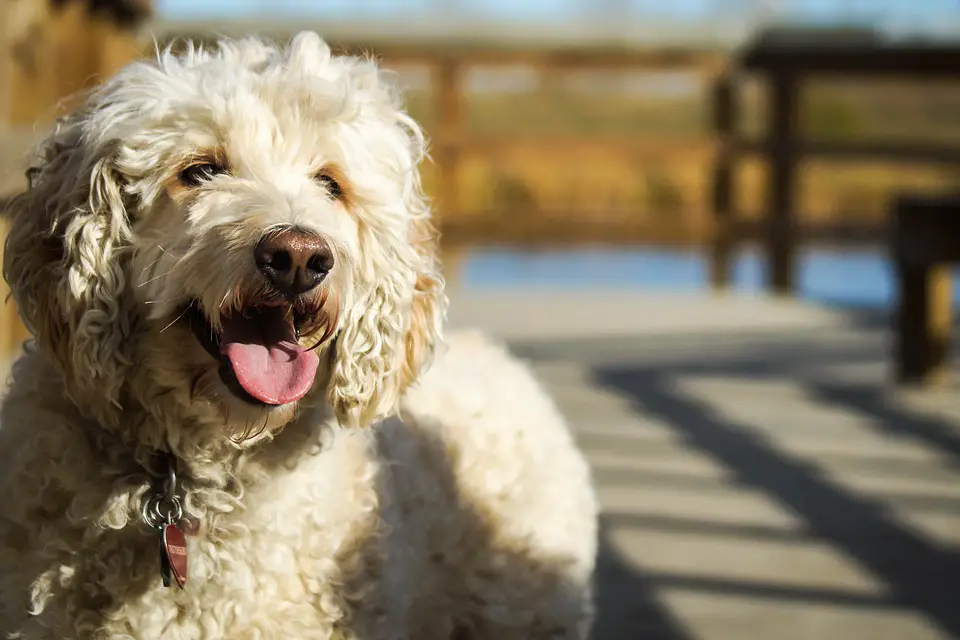Poodles are smart and affectionate dogs that make great companions. However, if not trained properly, they can develop bad habits such as biting. This can be dangerous, especially if the poodle bites children or strangers. In this article, we will provide you with a comprehensive guide on how to train your poodle not to bite.

Start Early
The earlier you start training your poodle, the better. Poodles are intelligent dogs, and they are quick to learn. Start training your poodle not to bite when they are still puppies. This way, they will learn the correct behavior from an early age.
Socialize Your Poodle
Socialization is crucial for any dog breed, including poodles. It helps them to become well-adjusted and friendly dogs. Socialization involves exposing your poodle to different people, animals, and environments. This will help them to develop positive associations with other dogs and people.
Use Positive Reinforcement
Positive reinforcement is a training technique that involves rewarding good behavior. When your poodle exhibits good behavior, reward them with treats or praise. This will reinforce the behavior and encourage them to repeat it.
Avoid Punishment
Punishing your poodle for biting is not recommended. It can make them fearful and aggressive. Instead, redirect their attention to something else, such as a toy or treat. This will teach them that biting is not acceptable behavior.
Teach Basic Commands
Teaching your poodle basic commands such as “sit,” “stay,” and “come” can help to prevent biting behavior. These commands can be used to redirect their attention when they become too excited or aggressive.
Provide Toys and Chews
Poodles are naturally curious dogs and need mental stimulation. Providing them with toys and chews can help to prevent boredom and reduce the risk of biting. Choose toys that are appropriate for their age and size.
Consult a Professional Trainer
If your poodle’s biting behavior persists, consider consulting a professional dog trainer. They can assess the situation and provide you with advice and guidance on how to train your poodle not to bite.
Conclusion
Training your poodle not to bite requires patience, consistency, and positive reinforcement. Starting early, socializing your poodle, using positive reinforcement, avoiding punishment, teaching basic commands, providing toys and chews, and consulting a professional trainer are all effective strategies to prevent biting behavior. By following these tips, you can ensure that your poodle becomes a well-behaved and friendly companion.
FAQs
Why do poodles bite?
Poodles may bite due to fear, aggression, anxiety, or lack of socialization. It is important to identify the root cause of the biting behavior to address it effectively.
Can poodles be trained not to bite?
Yes, poodles can be trained not to bite using positive reinforcement techniques and consistent training. Starting early and socializing your poodle can also help prevent biting behavior.
What should I do if my poodle bites someone?
If your poodle bites someone, seek medical attention if necessary and report the incident to your local animal control agency. Consult a professional dog trainer to address the biting behavior and prevent future incidents.
How long does it take to train a poodle not to bite?
The length of time it takes to train a poodle not to bite depends on the dog’s age, temperament, and previous experiences. It may take several weeks or months of consistent training to see results.
Can punishment help stop biting behavior in poodles?
No, punishment is not recommended for addressing biting behavior in poodles. It can make the dog fearful and may even increase aggressive behavior. Positive reinforcement techniques are more effective for training poodles not to bite.
